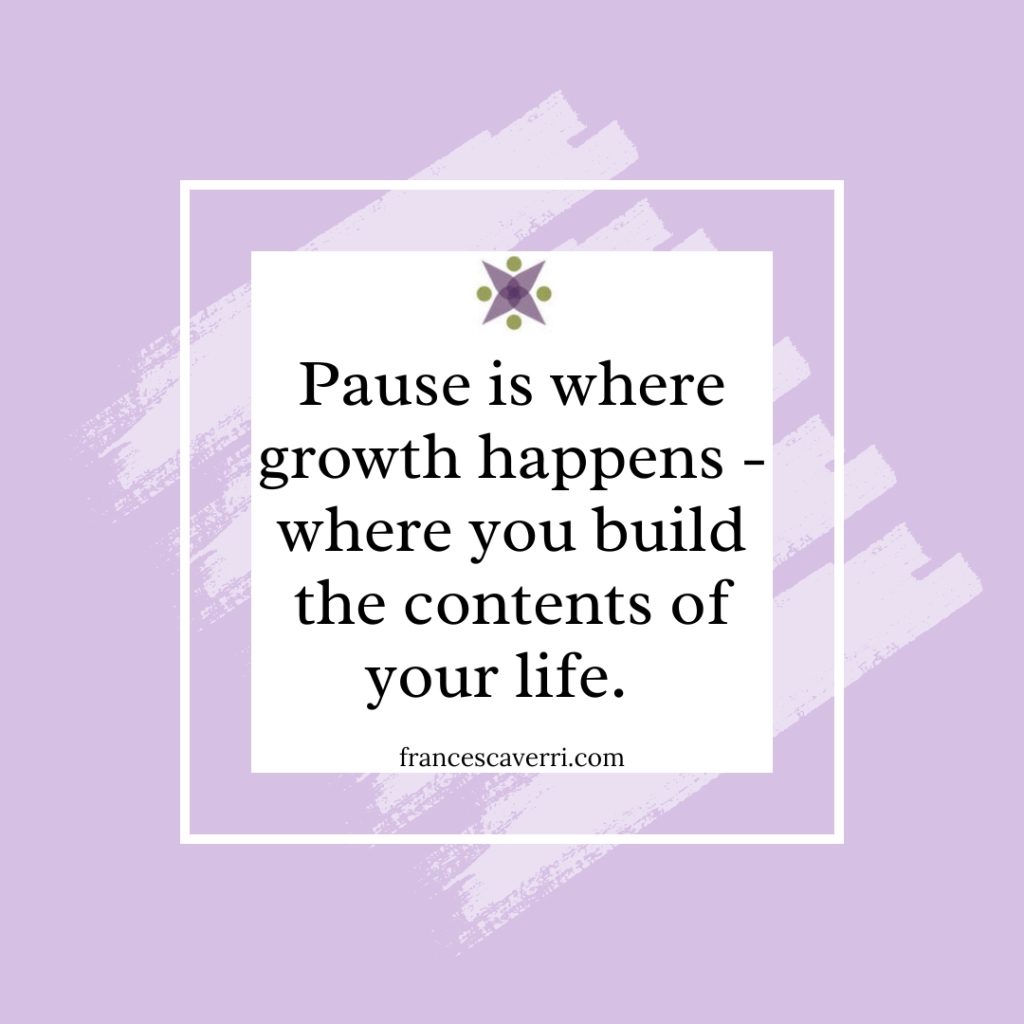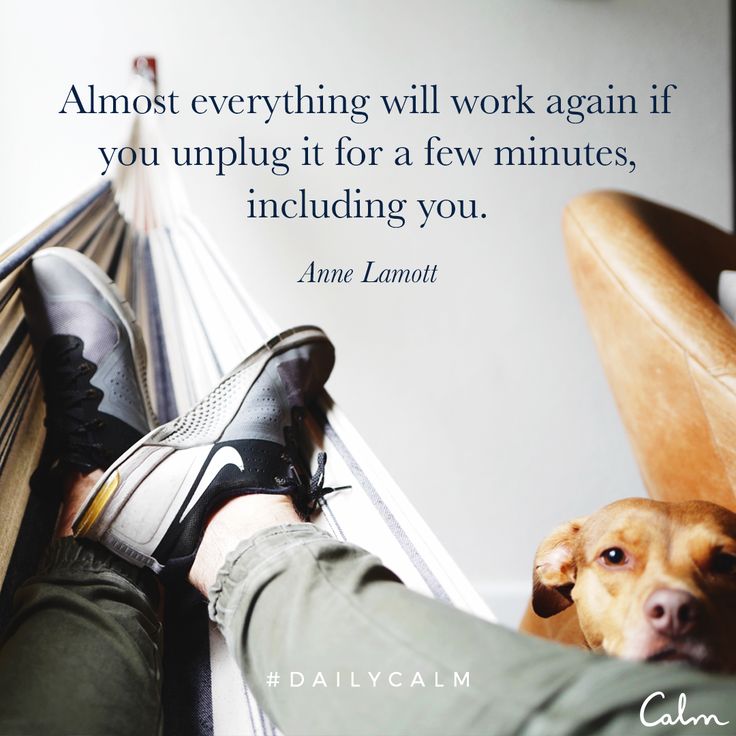If there is one thing I like to do, it is help people see the many ways they can live life better.
My work is about helping you see where you are cluttered or unwell, and then how to make changes, and create better routines and habits, so that what you envision for your life becomes a reality.
You deserve that.
Having better routines and habits leads to feeling freer and more alive. And when you feel free, you make falling in love with your life an easier endeavor. And a fulfilling one.
Change is not easy. And of course, we all know it is also the only constant we can rely on. But when you think about changing, even if you know you need to, you get scared. And caught up in the “how” – which can really stop you in your tracks.
If that happens to you, you are not alone.
Any big, important, and layered endeavor comes with it fear – fear of not doing it well, of not knowing where to start or stay on track, and fear of failure. Because of those fears you jump to the “how” instead of the “why”. You want to know all about what you need to do before you are clear on why you are doing it.
That is a recipe for spinning wheels, frustration, and lack of completion.
Your why is your North Star. It guides you to where you are going. It keeps you grounded and on track, and serves as a solid foundation creating the life you want.
6 things to do to build a solid foundation and live life better.
1. Write out your goals and share them with those close to you.
Simply put when you write something down – physically – where you can see it you help your brain solidify and focus on what you want to learn, memorize, or accomplish. It’s an excellent way to embrace your goals and hold yourself accountable to them. To reinforce them further, consider sharing your goals with those close to you. A trusted source, a partner, or a best friend can help you stay motivated and on track when you feel like tossing in the towel.
A note about how to write out your goals: be clear and specific about the goal, what you stand to gain, and include your why.
Why do you want to make this change?
Why is this goal so important?
What is the result you are hoping for in setting this goal?
Take seriously your desire to change and improve your life with this important step.
2. Assess your goals in February, and then again in July.
This task needs to go on your calendar now. Schedule an hour to do a “life” check-in. Review your goals; make sure what you set out to do in January still applies. Be prepared if necessary, to tweak your goals so they remain applicable. This check-in is the time to assess whether you’re still jazzed about what you are doing. If you aren’t, reconsider it.
Does what you are doing contribute to your overall well-being?
Does it serve you?

Asking those questions sounds selfish but they get to the root of what will make you live your best life. When you are at your best, you are more likely to do better for others. This check-in is an integral assessment of becoming who you want to be. Putting this reminder on the calendar now will keep you on your toes later.
3. Break up your goals into manageable parts and schedule your tasks.
Regardless of the goal, you must start small in achieving it. Biting off more than you can chew (what I call eating the elephant whole) will only lead to overwhelm. It is the ultimate goal-stopper.
Break up those big goals into smaller, manageable tasks that you do daily, weekly, and monthly. So if your goal is to get organized start in one room. And in that one room start with one area of the room. The best way to stay on track with eating the elephant one bite at a time is to schedule the tasks in small chunks on your calendar.
Need to food shop? Schedule it. Want to clean out a closet, a drawer, or a cabinet? Schedule it. Small tasks are manageable. Scheduled, small tasks are more likely to get done and keep you progressing towards your goal.
4. Keep your physical spaces clear of clutter.
When your space is cluttered it is harder to “see” what you have to do, or how you can do it. Clutter creates chaos and skews your perception of time. It makes you feel you have “no time” to do even the smallest task towards your goal. Clear, open space opens you to possibilities and opportunities. It opens you to see all the things that make you happy and feel fulfilled.
 The basic way to clear your space is to let go of what doesn’t serve a purpose in your life. Be sure you answer all the right questions about your things. And tidy up daily by putting things back where they belong.
The basic way to clear your space is to let go of what doesn’t serve a purpose in your life. Be sure you answer all the right questions about your things. And tidy up daily by putting things back where they belong.
5. Keep your mind free of clutter and show gratitude.
Just like clutter in your physical space can slow you down, overwhelm you, and create chaos, so too can mental clutter. The negative, limiting thoughts about your self that come into your mind can really leave you feeling not good enough. And when you feel that way – even if intellectually you understand it to be false – you start to see the goals you have set as unachievable, and you not worthy of reaching them.
Clutter in any form serves no purpose. Free your mind of clutter. Take 5 minutes every day to reflect on your goals, what you accomplished that day, even what you could have done differently. Try to visualize what a good tomorrow will look like by writing it as if it has already happened. Then write 3 things you are grateful for (a warm bed, your ability to walk, a loving partner). And write 3 things you like about yourself. This can be harder than it sounds and is integral to helping you diffuse those limiting beliefs.
Visualizing a good day helps to make it so! And showing yourself love and expressing gratitude keeps you grounded, present, and aware. It makes you feel good and when you feel good, you do good – for yourself and others.
6. Slow down.
Yoga, meditation, taking time to be still and just breathe – even in your car – for 5 minutes allows you to regroup, reassess, refocus. You do things more efficiently when you are focused, and relaxed. You live more deliberately when you take the time to be present. And often that presence comes when you slow down and quiet the noise. “Noise” is all around us, and it isn’t going anywhere. It’s up to you to be aware of it, and silence it for your own well-being.

It’s time to build your foundation, and to actively try on life.
Make progress.
Fail.
Get right back up and try again. And continue to become over and over and live a better life that you love.
________________________
Looking to start the new year or new season (or any time in between) on a solid foundation?
Thoroughly learn how to let go, and get organized in one awesome, self-paced course! 👇🏼👇🏼






This says it all – easy to follow!!